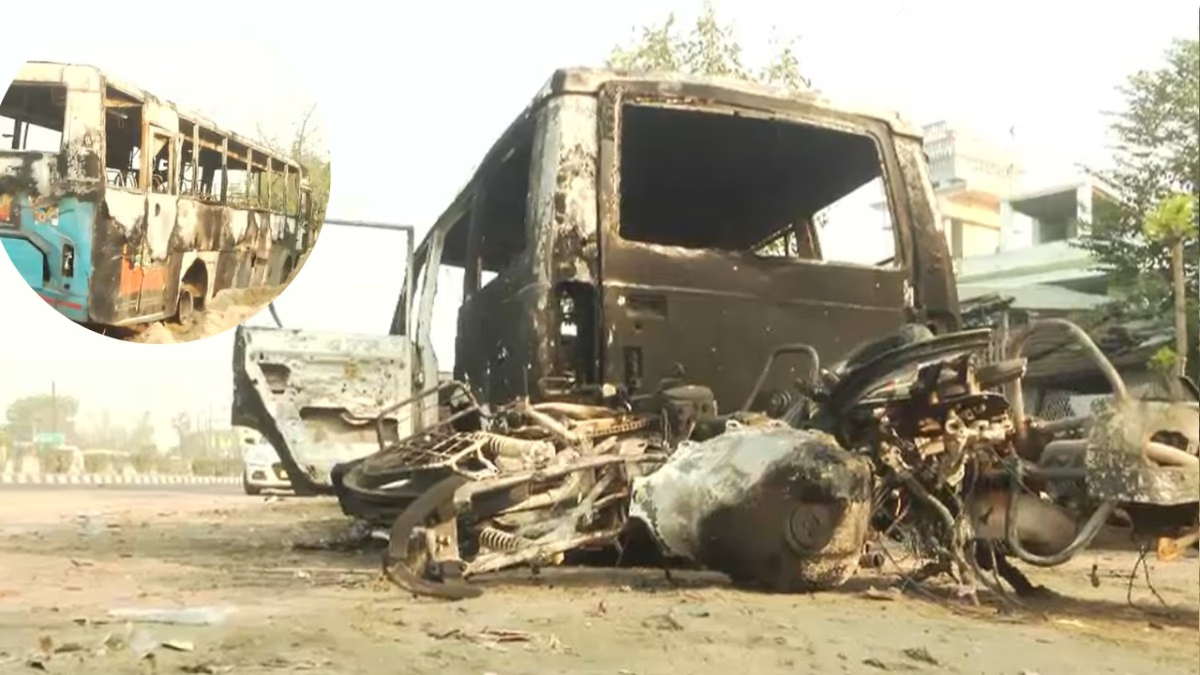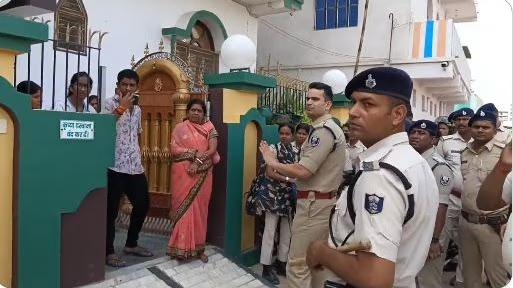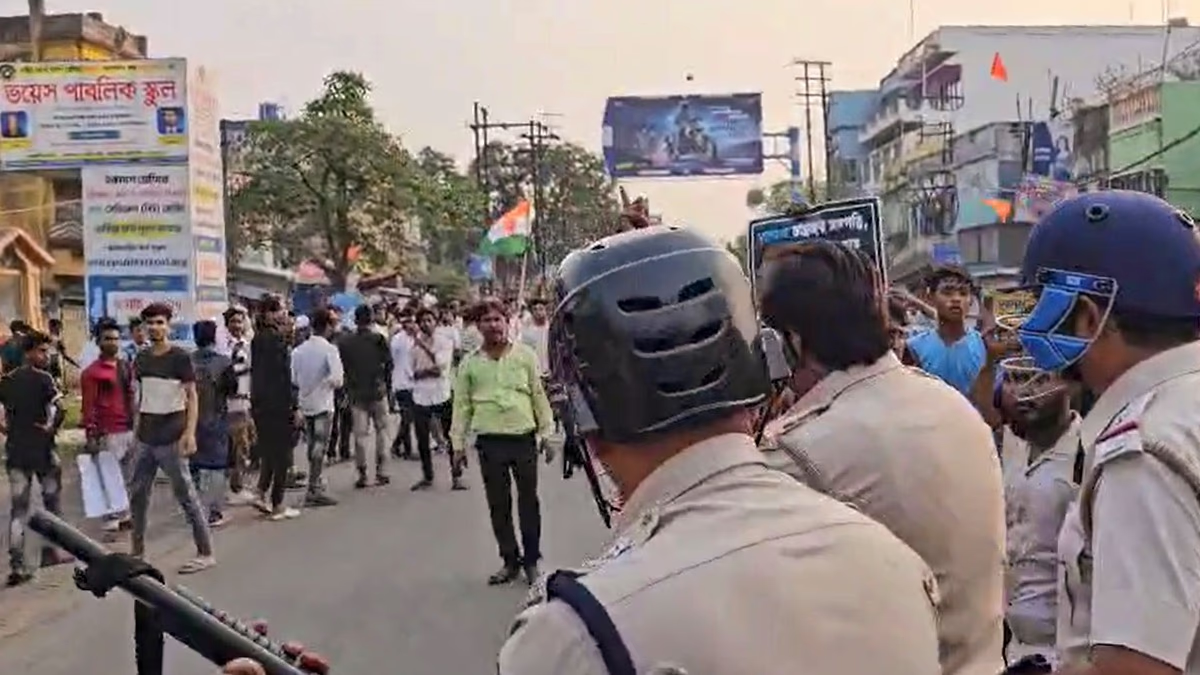Previously, in Aaj Tak’s sting operation 'The Vanishing Daughters' Part 2, we revealed how illegal sex determination and abortion have become thriving businesses in Haryana. Despite stringent laws, those responsible for their implementation are compromised. Here, we present the third part of this investigative series...
Throughout this operation, we worked alongside undercover agents who are no ordinary police force. They are medical professionals tasked with enforcing laws against the illegal sex determination industry in India. Now adept at conducting raids, they utilize informant networks to identify locations violating the Pre-Conception and Pre-Natal Diagnostic Techniques Act (PCPNDT).
Informers pinpoint places where illegal activities occur and receive a reward of Rs 100,000 for successful busts. Yet, these rackets swiftly adapt. With operations movable within hours, set up in farms, clinics, or homes, technology makes them remarkably agile and tough to trace.
For these operations, a crucial need is a pregnant woman, at least four months along, ready to record the procedure with hidden cameras. It's a high-risk role rewarded with merely Rs 25,000 from the government. Finding such women is a significant hurdle; some even face hostilities from villagers trying to protect these criminals. From March 2025, Haryana has spent over Rs 60 million on more than 1,248 raids. Yet, bureaucracy and territorial disputes complicate enforcement efforts.
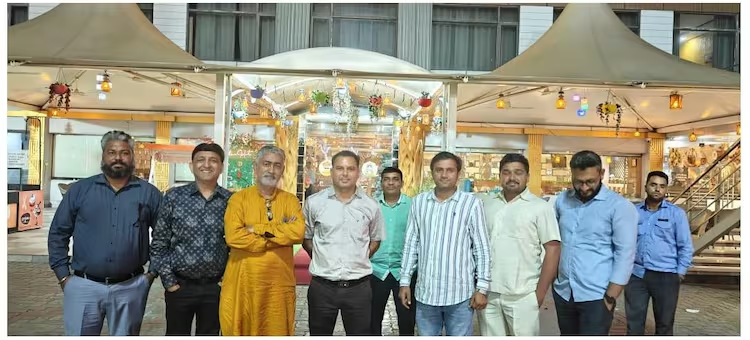
Source: aajtak
Planning the Raid
The request was accepted by Dr. Prabhu Dayal, the PC-PNDT nodal officer for Hisar district. The mission was an undercover operation against an unregistered setup supposedly conducting sex determination illegally in homes. On March 17, the operation near Kaithal required a dummy pregnant duo—me with a real pregnant police sub-inspector, referred to as Decoy 1.
At 4 am, I departed Delhi, reaching Ambala court complex by 8 am, where a pre-arranged car awaited us—a team composed of a Hisar official, Decoy 1 (whom we’ll call Sahana), our driver, and an informant, Reema, who briefed us on the plan. We were headed to Barwala, a location covertly tested by an individual named Sita. Two people from Uttar Pradesh were allegedly arriving there for the procedure.
Upon reaching Barwala at 10:43 am, Sita changed the location to within Punjab territory, prompting the involvement of both Hisar and Panchkula teams, alongside a dedicated CIA unit from Hisar. Our updated destination was the Punjab village of Rampur Bahl. This logistic change was relayed to our WhatsApp group, 'Mission 950', a digital lifeline connecting the whole operation.
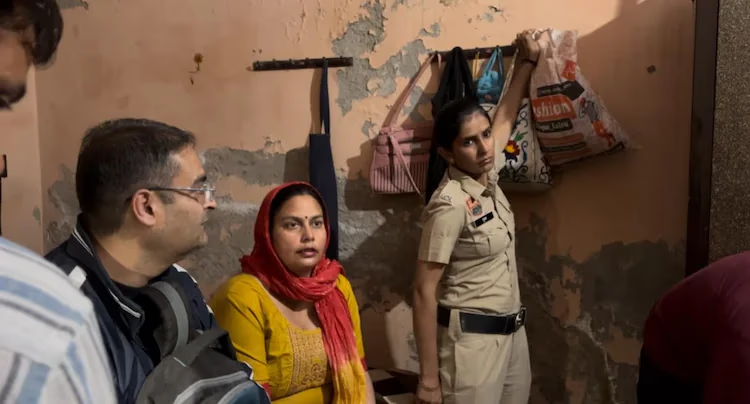
Source: aajtak
Upon arrival, Sita led us to her minimally furnished home where an unexpected demand arose—Rs 80,000 upfront. After Reema's intervention, acknowledging refusal would jeopardize our cover, we paid up. Even attempting to confiscate our phones, Sita’s insistence suggested deep links with doctors withholding the scan.
Sahana entered first, followed by me hesitantly. Covering unease with nervous humor about potential female identification, I masked real fears: betrayal. The atmosphere grew tense as I inspected the setup—a man using a laptop to mirror an ultrasound. Reema and I queried the authenticity, sensing deception via a digital lens.
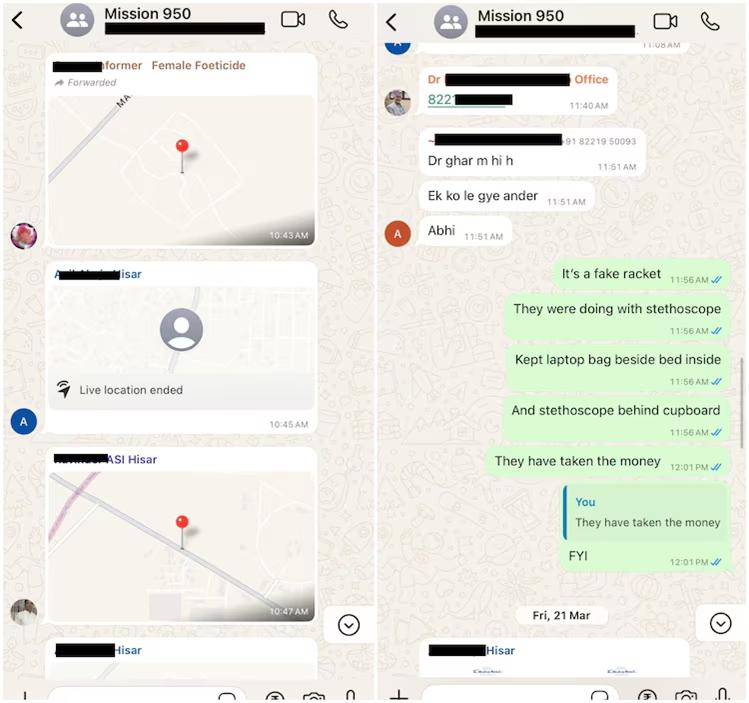
Source: aajtak
Coordinated through 'Mission 950', Hisar’s team stormed the makeshift clinic, seizing instrumental evidence: laptops, stethoscopes, ultrasound gel, and medical paraphernalia. The charade was unraveled—Sita conspired with two faux doctors, Rahul and Nitesh from Uttar Pradesh. Following material’s confiscation cues shared on 'Mission 950', quick recovery was assured.
Despite initial denials, browser history betrayed their facade. Using a YouTube video for their phony ultrasound, Nitesh and Rahul pleaded ignorance in investigation. No stranger to falsehood, Rahul confessed under interrogation, revealing entrapment amidst financial desperation.
However, jurisdiction muddied the waters. Holding in Punjab’s scope meant FIR protocol by local police, creating tension in Haryana’s stride—a tactical stalemate dragging negotiations till late night.
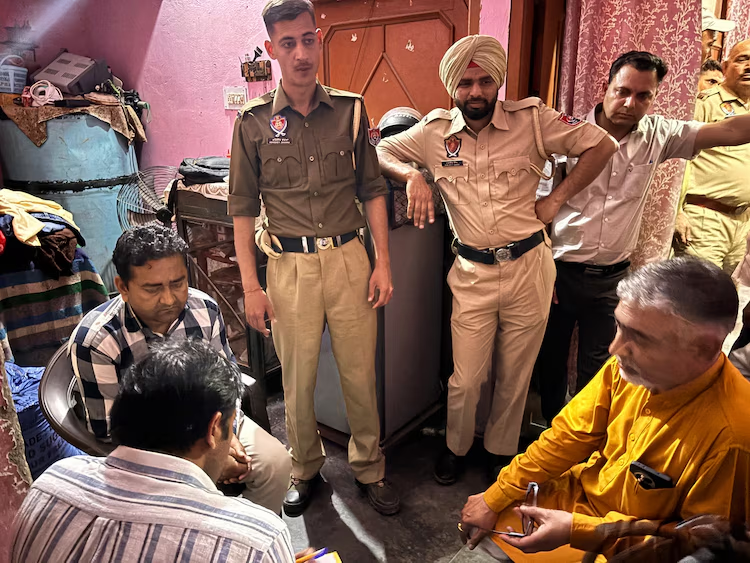
Source: aajtak
Interstate barriers complicated accountability, preserving offenders’ smiled relief at bureaucratic hullabaloo. Even as Punjab officials were slow amid protests’ aftereffects, the stalemate lasted till evening, with agitated villagers aware of our media sting role poised for protective commotion.
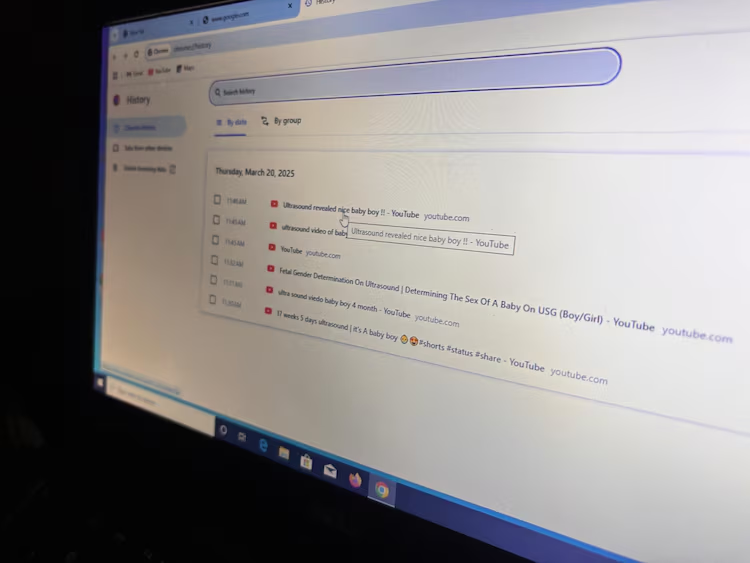
Source: aajtak
Ultimately, formalities concluded sans meaningful cooperation from Punjab’s PC-PNDT team, dismissing handhelds and digital evidence. Skating ramifications of unseized phones curtailed broader exposure—discrepancies silenced as families cross-border for illicit checks, fueled by gender bias doubling unintended terminations.

